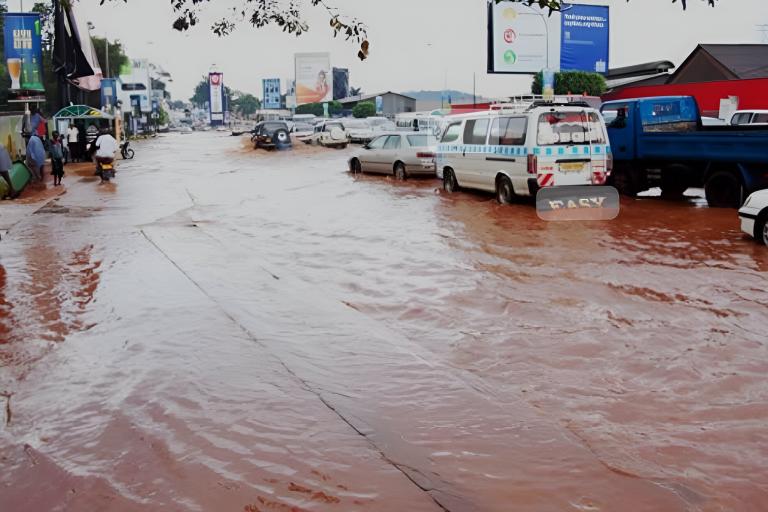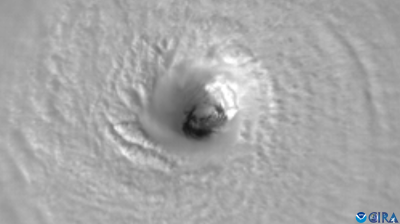Finnish Meteorological Institute supports CREWS East Africa project
Numerical weather model experts from the National Meteorological and Hydrological Services (NMHSs) of Kenya, Rwanda, Tanzania and Uganda, East African countries, as well as Indonesia gathered in Helsinki, Finland from the 5-16 February 2024, to learn how to install and operate a software tool for weather forecast verification in their home institutions environment.

The target African countries (Tanzania, Rwanda, Kenya and Uganda) are supported by the Climate Risk and Early Warning Systems (CREWS) East Africa Project, which is coordinated by the World Meteorological Organization (WMO) and the Finish Meteorological Institute through the project FINKERAT. The objective is to expand impact-based early warning services in East Africa, in line with the Early Warnings for All initiative.
WMO wants to strengthen hydrometeorological services in six countries in East Africa and around Lake Victoria to build resilience and support adaptation to climate change. Lake Victoria, the largest lake in Africa, greatly influences the weather and climate conditions of East Africa, generating its own microclimate as one of the most convectively active regions on the planet.
Reliable weather forecasts and early warnings are based on accurate global and regional-scale numerical weather prediction models. The results of these models need to be evaluated to assess how changes, such as for instance data assimilation, impact on the model's performance. In developing countries, such evaluation is often done manually, limiting efficiency, and requiring substantial human resources, which are not always available.

The stakeholders, from Tanzania, Rwanda, Kenya and Uganda spent two weeks with experts from the Finnish Meteorological Institute, who helped them install and use the HARP software. The acquired skills will then be shared with fellow colleagues in their home institutions.
Forecast verification has been highlighted as a critical development requirement in Uganda. Through the collaboration between CREWS East Africa and the FINKERAT project, the Uganda National Meteorological Agency (UNMA) is now receiving the necessary support. In addition it has facilitated regional collaboration and peer-support among WMO members in East Africa, promoting sustainable development in forecast verification.
“The participation of our expert is the first step towards achieving our long-term dream of establishing an operational NWP verification program and related systems in Uganda. We are building on this and other upcoming opportunities to strengthen our Meteorological Services,” said Bob Alex Ogwang, permanent representative of Uganda with WMO.
Peer-to-peer cooperation emerges as an exceptionally effective avenue for WMO members to share knowledge and provide mutual support within the hydrometeorology domain. It is emphasized that initiatives like CREWS East Africa, along with other development projects, play a vital role in facilitating such collaborative practices. Consequently, there is a unanimous agreement and dedication to exploring opportunities that target the same countries, aiming for the highest impact possible.
- WMO Member:
- Finland ,
- Uganda ,
- Kenya ,
- United Republic of Tanzania










